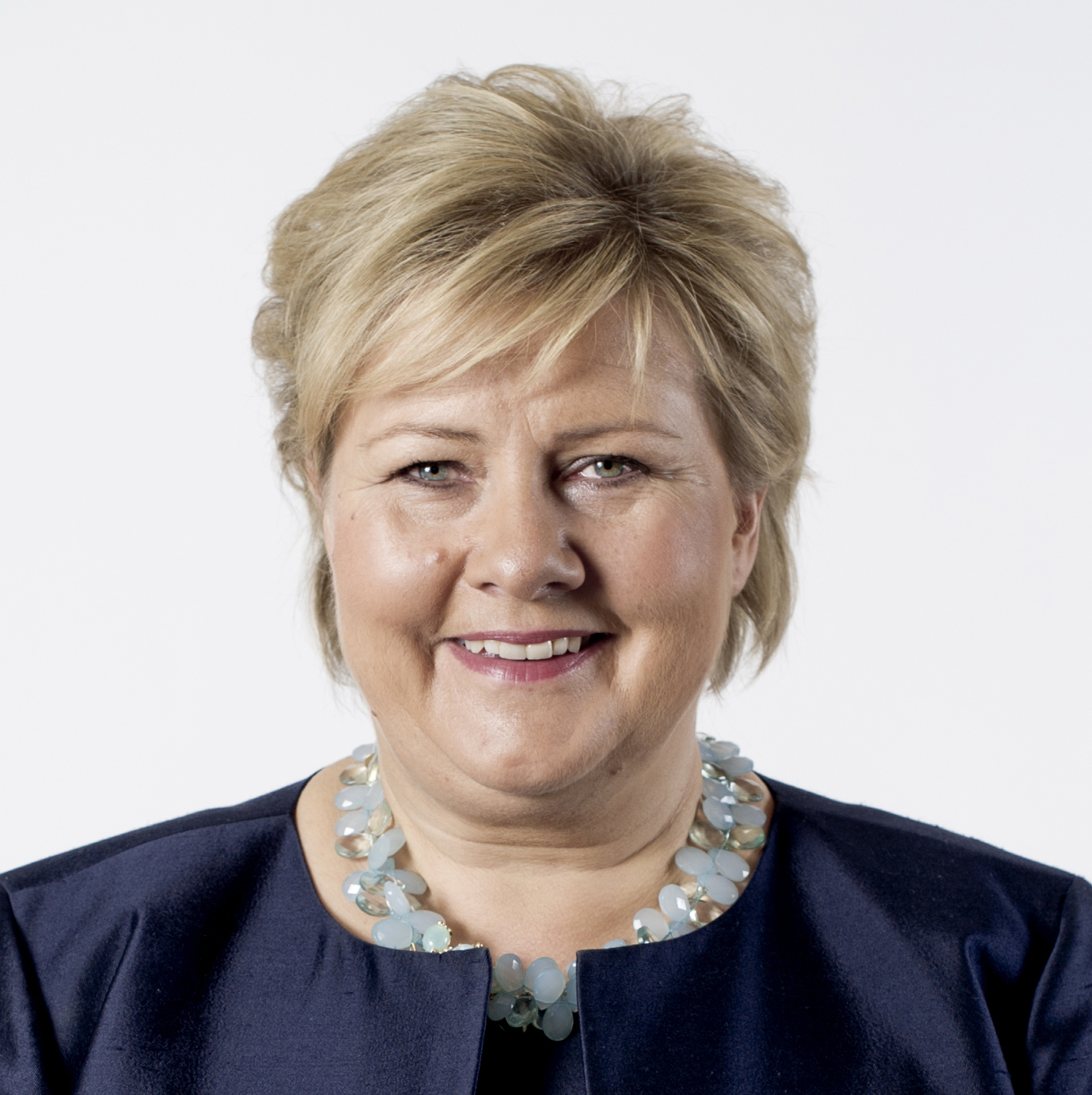
Erna Solberg is Prime Minister of Norway and co-chair of the U.N. Secretary General’s Sustainable Development Goals Advocacy Group
For the first time in history, we have the opportunity, knowledge and resources to transform lives and end extreme poverty.
This September marks one year since 193 countries agreed on a historic agenda to tackle the unfinished business of the Millennium Development Goals and to address highly complex global challenges such as poverty, inequality, forced migration and global warming, while promoting good health, well-being and quality education.
As Co-Chair of the SDG Advocacy Group, a group appointed by U.N. Secretary-General Ban Ki-moon to raise awareness and spur action towards achieving the Sustainable Development Goals (SDGs), I am fully aware that this is the most ambitious global agenda the world has ever seen. But I am confident that these goals can be achieved, particularly with strong leadership and broad, effective and innovative partnerships across sectors and borders.
It is completely unacceptable that in 2016, 800 million people are living on $1.90 or less per day, that 1.5 million children will die of vaccine-preventable diseases and that 263 million children are still missing out on an education. Action has to be taken—urgently.
The holistic 2030 Agenda paves the way to the future we want. To a world in which extreme poverty and preventable diseases such as polio have been eradicated. A world in which no one is left behind.
I can think of no stronger testament to the effectiveness of the international community in achieving global progress than the results we have already attained in the area of global health. By investing and working together on immunisation and, in particular, polio eradication, we have seen polio go from a disease that plagued and crippled millions to one that is 99.9% eradicated.
An integral—if often overlooked—reason for this achievement has been the participation of women in ensuring that every last child receives the polio vaccine. Women serve on the frontlines of eradication efforts—as mothers, health workers, caregivers, community mobilisers and vaccinators. They are the unsung heroes of the polio movement, and we must continue to support them in their work to reach children living in the most remote corners of our Earth.
Despite the remarkable progress we have made thanks to the Global Polio Eradication Initiative, spearheaded by Rotary International, our work is not yet complete. The existence of polio anywhere poses a threat to all of us everywhere. There are still cases of polio in Pakistan, Afghanistan and Nigeria. In cooperation with the U.N. and other actors, these countries must do what it takes to make the final push to eradicate polio. With determination and cooperation, we can reach every last child and administer a 13-cent vaccine to ensure that children everywhere are protected from the devastating effects of the disease.
In September, world leaders will gather in New York for the U.N. General Assembly, which coincidentally marks the 100th anniversary of the 1916 polio outbreak in New York City. That outbreak resulted in 8,991 cases of polio and 2,448 deaths in New York City alone. A hundred years later, the number of cases worldwide is a fraction of what it was in New York in 1916. It is vital that we stay the course until the work is complete—we must all reaffirm our commitment to eradicating polio completely.
So far, only one disease has been eradicated by vaccination in human history: smallpox. We now have a critical window of opportunity to eradicate a second disease. The eradication of polio has the potential to yield substantial financial benefits. Moreover, the infrastructure put in place to ensure the end of polio will also help to reduce or eliminate incidences of other preventable diseases. I was pleased to see that in May this year, the G7 leaders stressed the major contribution made by polio-related assets, resources and infrastructure to improving health systems and universal health coverage.
Failure to eradicate polio could, however, result in a widespread global resurgence of the disease. I call on world leaders to commit to closing the $1.5 billion funding gap so that we can ensure that our world is polio-free once and for all. To that end, I am proud to say that Norway was the first country to commit funds to Gavi and the GPEI’s polio eradication efforts for the period 2014-2019. With global certification expected in the next few years, polio eradication could be one of the early successes of the 2030 Agenda.
I am pleased to cooperate with the Global Citizen movement in advocating action to achieve the SDGs. I encourage other leaders to join me so that, together, we can take a giant step forward for global health.
More Must-Reads from TIME
- Cybersecurity Experts Are Sounding the Alarm on DOGE
- Meet the 2025 Women of the Year
- The Harsh Truth About Disability Inclusion
- Why Do More Young Adults Have Cancer?
- Colman Domingo Leads With Radical Love
- How to Get Better at Doing Things Alone
- Michelle Zauner Stares Down the Darkness
Contact us at letters@time.com